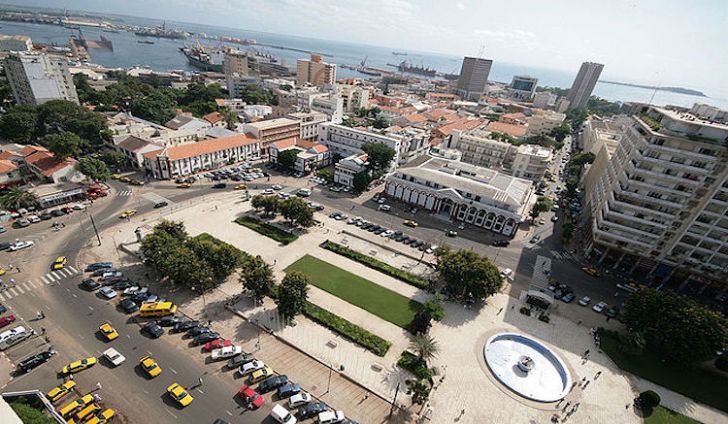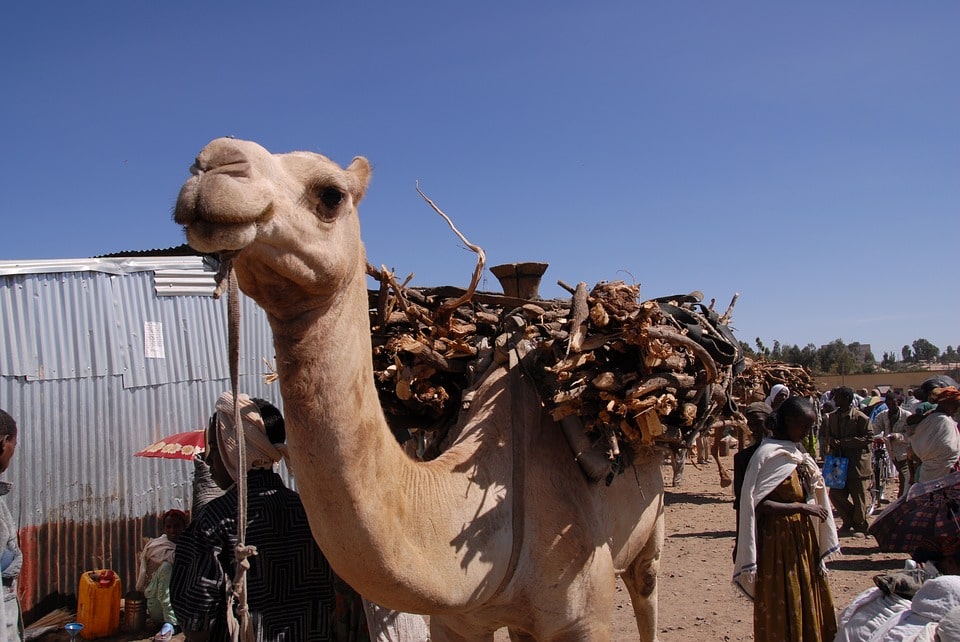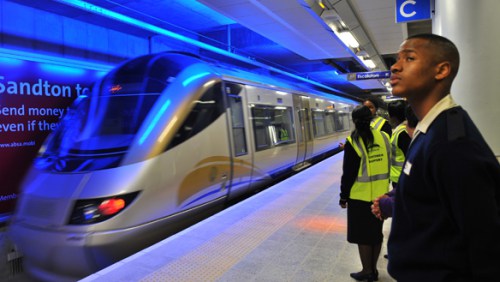Senegal is experiencing a huge oil rush and has been since Edinburgh-based Cairn Energy struck oil in its deep waters in 2014. Since then the country has seen multinationals flock to its deep and ultra-deep offshores. French oil giant Total is the most recent. Senegal signed two agreements with the company back in May 2016 allowing it to contribute to its exploration activities. Senegal in the past has faced a severe electricity crisis which resulted in regular power cuts that sparked demonstrations, sometimes violent, in Dakar and its suburbs, home to a quarter of the population.
Senegal serves as a regional business center for Francophone West Africa. The former capital of French West Africa, Senegal is a semi-arid country located on the westernmost point of Africa. Predominantly rural and with limited natural resources, the country earns foreign exchange from fish, phosphates, peanuts, tourism, and services. Its economy is highly vulnerable to variations in rainfall and changes in world commodity prices. Senegal depends heavily on foreign assistance, which in 2007 represented about 23% of overall government spending–including both current expenditures and capital investments–or African Financial Community franc (CFA) 315 billion (U.S. $630 million).
Although Senegal has a diversified economy by West African standards, it remains one of the poorest of the world’s nations. A major problem over the past 40 years has been recurrent drought, which has limited plans to increase agricultural production and expand industrialization.
Remittances in 2010 reached $1.4 billion and were worth 10% of Senegal’s GDP.
Senegal has an abundant supply of unskilled and semi-skilled labor, with a more limited supply of skilled workers in engineering and technical fields. While Senegal has one of the best higher educational systems in West Africa and produces a substantial pool of educated workers, limited job opportunities in Senegal lead many to look outside of the country for employment.








